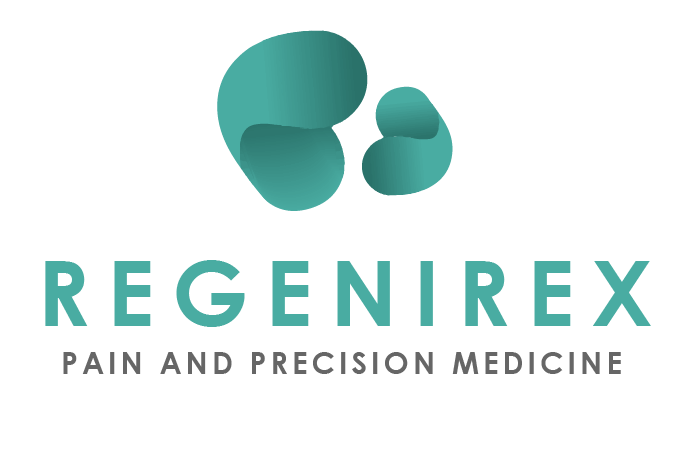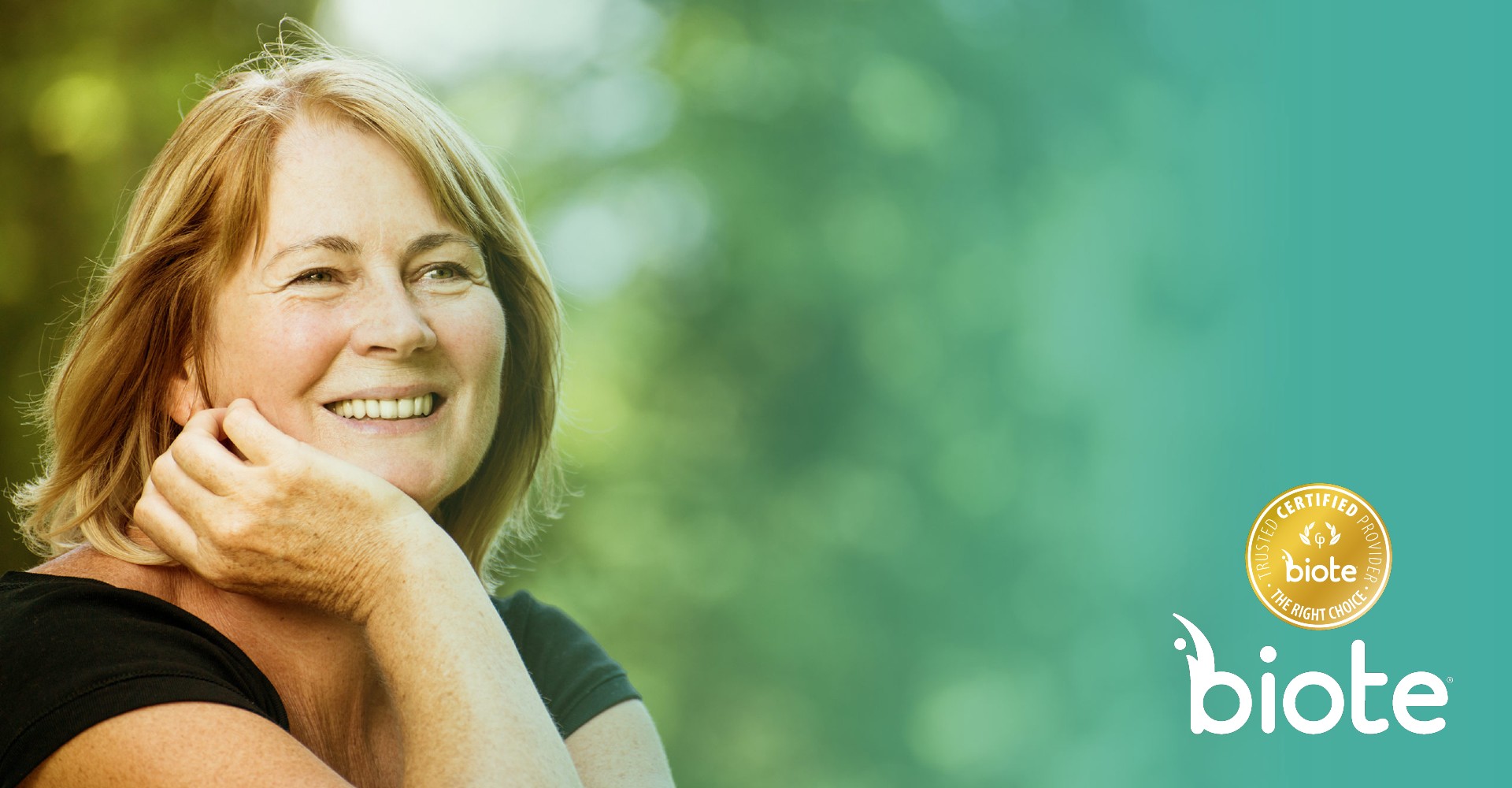Cannabidiol
A friend of mine recently suggested that I research CBD or Cannabidiol. I have had some patients who have used CBD report that it was very helpful for them, so I agreed to do some research on it and I want to share what I have learned with my patients.
Cannabidiol (CBD) is a derivative of the cannabis (marijuana) plant. Unlike Tetrahydrocannabinol (THC), CBD is non-intoxicating, so you are not going to get “high” using Cannabidiol. CBD is one of many active cannabinoids found in cannabis. Cannabinoids are substances that bind to cannabinoid receptors in our central nervous system. We naturally produce substances in our bodies called endocannabinoids which are chemicals involved in neurotransmission. In essence neurotransmitters allow our brain to switch certain cell types in on and off. Which cell types are turned on or off determines whether we feel happy or sad, pain or comfort, anxious or calm. CBD turns on cells associated with calming and pain relief. In addition CBD is a powerful anti-inflammatory, which also contributes to its pain relieving properties.
CBD has been studied in humans and animals. So far it appears to be an extremely safe substance, although it does have a hormonal effect and as such could be associated with infertility. Blood pressure, heart rate and body temperature do not appear to be affected by CBD. CBD is metabolized by the liver. Drugs which affect liver function could either cause increased or decreased metabolization (breakdown) of CBD which could lead to prolongation or shortening of duration of action of CBD in the body. Some of the effects of CBD on liver function could be beneficial, for instance CBD induces CYP1A1 which is a liver enzyme that tends to degrade carcinogenic substances in our bloodstream.
CBD is a promising potential treatment of pain, depression, anxiety, epilepsy and addiction, unfortunately it is currently restricted only to investigational use in the state of Nebraska.




